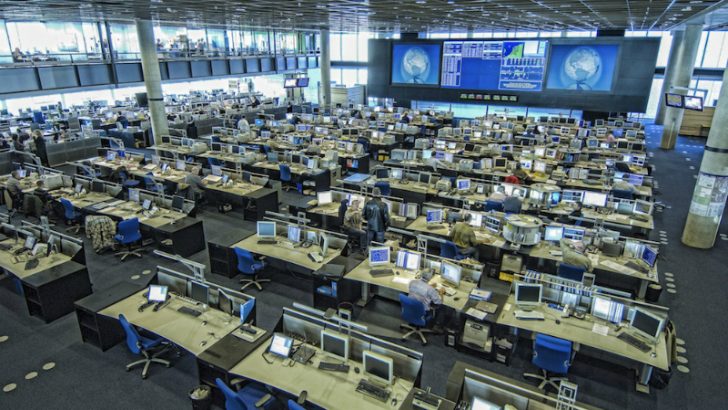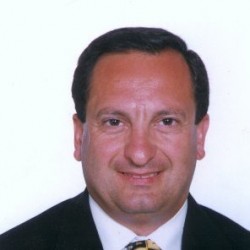
Unisys has announced that they have won a five year contract in the Netherlands with KLM Royal Dutch Airlines. Service desk and on site services will be provided by the Dutch subsidiary of Unisys at KLM’s key locations: Schiphol Airport and Amstelveen.
The contract will see Unisys staff supporting all 30,000 of KLM Royal Dutch airlines employees globally with a service desk providing support in both Dutch and English. This will include service request management, desk side support, installations, moves, adds and changes (IMAC) and logistics. Unisys will also provide specialist support for the IT equipment that is specific to KLM’s airline operation. The simplicity of the description hides far more in terms of service delivery as Unisys will also help support the mission critical global operations and control center (OCC) that is located at Schiphol airport, as well as the operational departments located there.

The Unisys onsite service team will be tasked with supporting more than 20,000 devices, including desktops, laptops, iPads, monitors and printers. Olivier Houri, vice president, Global Head of Travel and Transportation, Unisys, commented: “Unisys is very pleased to add KLM Royal Dutch Airlines to its growing portfolio of airline and aviation customers. Our services solution will help KLM Royal Dutch Airlines achieve its aggressive goals in improved operational cost and timely, efficient service to employees and passengers. Plus, the suite of services we are providing can scale to support the company’s long-term growth plans.”
For KLM this is part of a wider cost reduction exercise. The company is looking to become a High Performance Organisation (HPO) and is looking to reduce costs by around €700 million. A Consultancy.uk report said that they would be undergoing an internal re-organisation plan and losing up to 25% of management and support personnel. One suspects that this is one phase of that transformation as they look to reduce costs. In outsourcing IT services (though it is not known whether this is a renewal or outsourcing process) they will certainly be looking to make cost savings. Unisys will need to deliver these increased efficiencies as at a lower cost than KLM has done historically.
Conclusion
Unisys may have had to fight off competition from ATOS, whom Air France, the other major company in the Air France- KLM group, has close links with. There is no financial information around the deal although the implementation of the support service is, according to the press release designed to: “reduce the airline’s IT service-delivery costs while improving end-user satisfaction”. How it intends to deliver this was not made clear, and whether it will do so will be interesting to find out.
Unisys has a long history with this type of deal and was the first company to achieve an outsourced support contract from Microsoft in the early 2000s. One of the challenges of these deals is the Service Level Agreement and none of that detail has been disclosed here as it is commercially sensitive. It this is a renewal then Unisys will know what the challenges are but if this is a new contract and depending on how tight the bidding was, Unisys could struggle to make it profitable.
With reliance on IT growing within the airline industry the infrastructure that supports the operational process is becoming even more important to airline businesses such as KLM. In turning to Unisys they will no doubt hope that their expertise and wider knowledge across the industry will mean that they can not only sustain the current support levels but innovate and improve them going forward. Outsourcing operational functions to companies such as Unisys is one way that savings can be made, but there are risks associated with outsourcing and KLM will need to work closely with Unisys to ensure that these are not realised.


























